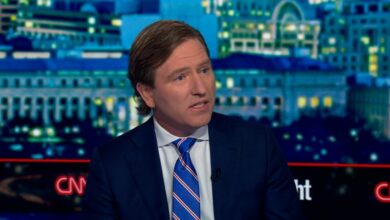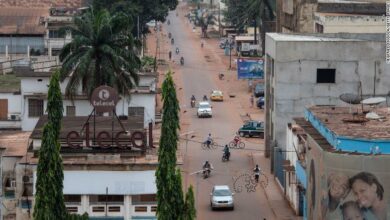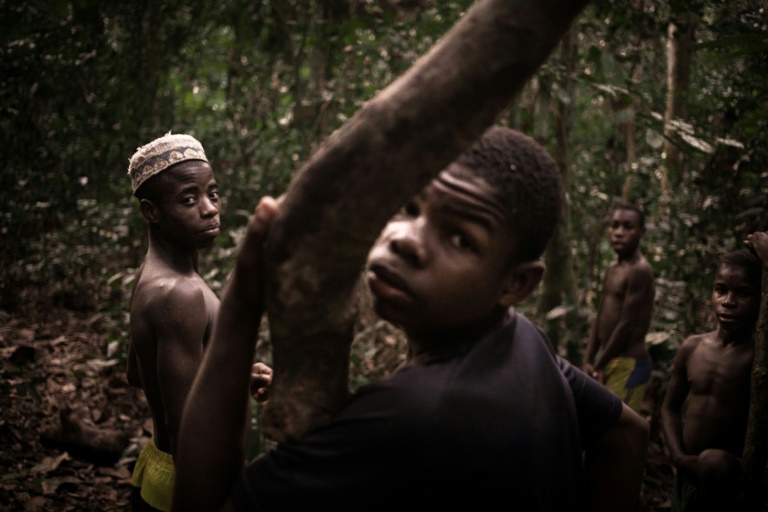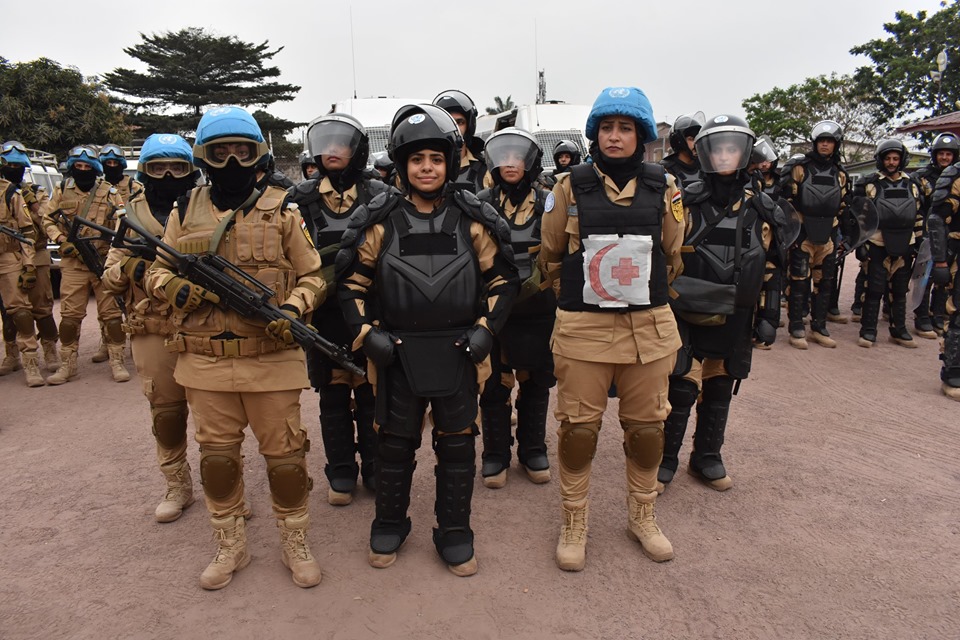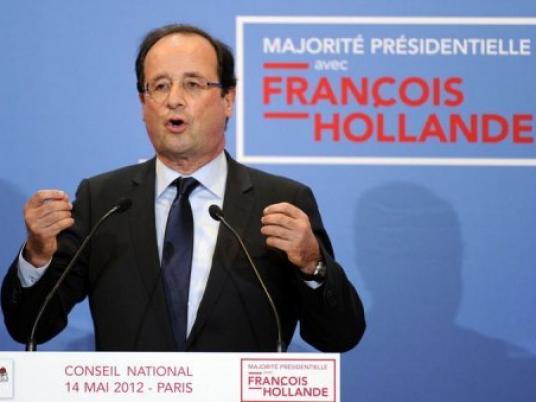
France warned on Thursday that the Central African Republic was "on the verge of genocide," as the UN considers sending thousands of peacekeepers to the strife-torn country
"It's total disorder," French Foreign Minister Laurent Fabius told France 2 television, adding that the United Nations was considering authorising African and French troops to intervene.
"You have seven surgeons for a population of five million, an infant mortality rate of 25 percent in some areas and 1.5 million people who have nothing, not even food, and armed gangs, bandits, etc," he said.
Fabius underscored the need to act fast. President Francois Hollande has also denounced the abuses committed in the mineral-rich but deeply impoverished former French colony in equatorial Africa.
Fabius said, France, the Central African Republic's neighbours and the international community were deeply concerned by the unrest.
The UN Security Council plans to vote in early December on a resolution that would allow CAR's neighbours, the African Union and France to intervene in the sprawling nation.
Central Africa has faced growing chaos since a coalition of rebels known as Seleka staged a coup in March, forcing president Francois Bozize to flee.
The transitional government has lost the grip on the large country of 4.5 million people, with retaliatory attacks between Muslims and Christians on the rise.
Since interim president Michel Djotodia seized power in March, the remnants of his Seleka rebel coalition have been sowing chaos although he has formally disbanded the rebels and inducted many fighters into the national army.
Djotodia is the first Muslim president in the Christian-majority country, and some of the recent deadly violence has had religious undertones, with both churches and mosques being burnt.
The violence is marked in the north-west of the country, where attacks by the rebels have led to the creation of "self-defence" groups and sparked Christian-Muslim violence.
UN Secretary General Ban Ki-moon has warned the Security Council that armed groups were playing the two communities against each other, and has supported the establishment of a UN peacekeeping force of up to 9,000 troops before the crisis leads to widespread atrocities.
The United States has meanwhile said the country is in "a pre-genocidal situation".
A regional force known as the MISCA is working to stabilise the country. But only 2,500 soldiers of a planned 3,600 are on the ground, and their mission is hampered by a lack of training, arms and money.
The African Union is due to take charge of the force in December.
Most of the MISCA soldiers come from neighbouring Chad. Cameroon and Gabon have sent 500 troops each, while Equatorial Guinea has sent about 200, according to a French diplomatic source.

